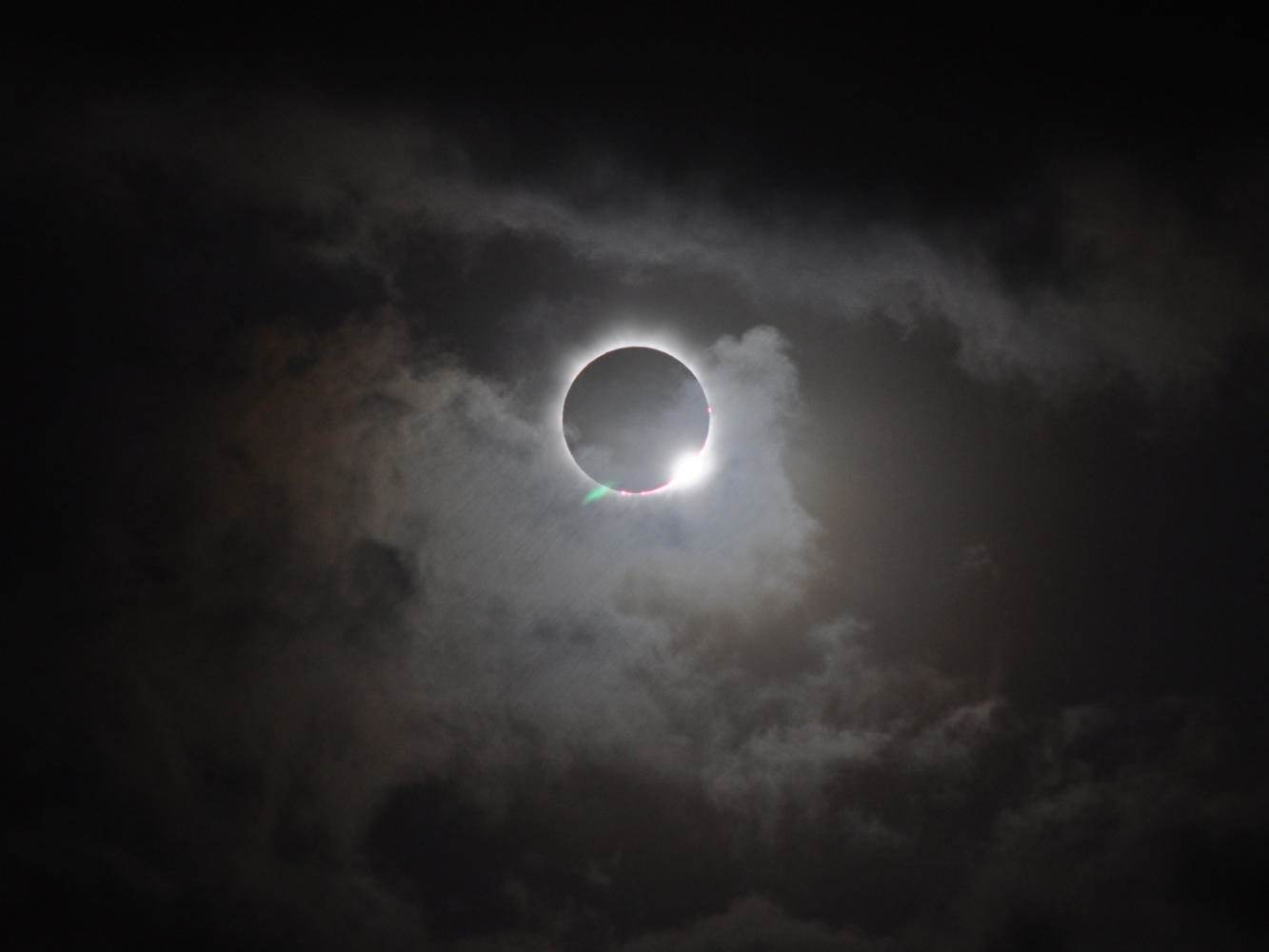Solar Scare
August 29, 2017
This year’s solar eclipse was the first coast-to-coast total eclipse in over 99 years, and millions of people got to view the exciting spectacle all around the nation. Before the wonders of science and astronomy could explain what the solar eclipse was, it was one of the most feared natural events the world has ever known. Many thought it was a sacrificial request from gods. Others believed it to be the end of the world! Today, we’re diving into the minds of fearful, terrified people as they saw the eclipse a long time ago. What did they think it was?
Starting in the B.C. era, the ancient Chinese thought that the solar eclipse was a dragon eating the sun! They even ordered two royal astronomers to predict the eclipses “so that people could prepare bows and arrows to fend off the dragon,” according to History.com. Moving forward through time, the ancient Greeks were especially terrified of the eclipse, believing it to be a sign of existential crisis and royal downfall. The Inca thought that the eclipse was the god Inti, angrily demanding offerings. The ancient Egyptians thought that a serpent was fighting the sun god, Ra. Other examples include the ancient Persians and Native American tribes such as the Choctaw, who both thought that the sun was being covered up as a joke by tricksters!
After eclipses were understood, however, they actually helped support many scientific advancements! Thanks to the total solar eclipse of 1919, British astronomer Sir Arthur Eddington was able to prove Albert Einstein’s theory of relativity. The discovery of helium was also due to a total solar eclipse, back in 1868. Going even further back, many ancient wars and battles were brought to an end at the sight of a solar eclipse, with many believing it to be a sign to stop fighting and make peace.
Nowadays, solar eclipses are spectacular sights that scientists can predict and people can admire, but now we know that it wasn’t always like that! Keep track of the next time a solar eclipse is forecasted, and be ready to awe at its once misunderstood glory.






